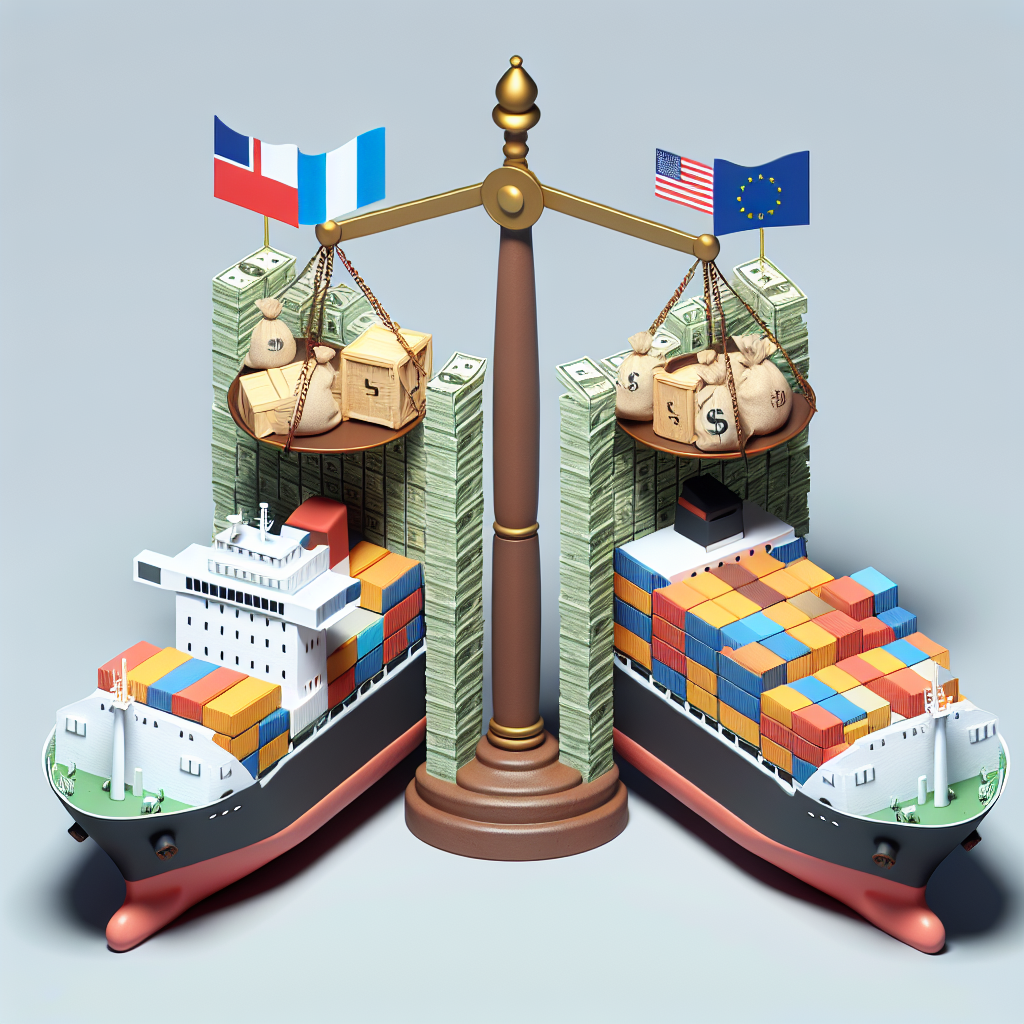Judges Question Trump's Emergency Tariff Authority
U.S. appeals court judges challenge President Trump's use of emergency powers to impose broad tariffs. The court examines the legality under the International Emergency Economic Powers Act, with opposing legal arguments highlighting constitutional concerns. While tariffs have become pivotal in trade policy, their legality under IEEPA remains contested.

U.S. appeals court judges critically examined whether President Donald Trump's imposition of tariffs was legitimately backed by his emergency powers. This scrutiny follows a lower court's decision indicating he exceeded his authority with extensive levies on imported goods.
The legal debate centers on the International Emergency Economic Powers Act (IEEPA), a 1977 statute typically used for sanctioning adversaries. The states and businesses opposing Trump argue that the U.S. Constitution reserves tariff authority to Congress, not the president.
President Trump's tariffs have played a crucial role in his foreign policy strategy amid accusations that they are unfair and legally questionable. Despite broad economic impacts, the judicial decision's timing is uncertain, with potential escalations to the U.S. Supreme Court anticipated.
(With inputs from agencies.)
ALSO READ
Congress Criticizes Trump's Impact on Global Institutions
Congress Targets Modi Over 'Five Shocks' Devastating Indian Economy
Congress Mobilizes Against Alleged Electoral Malpractice in Karnataka
Canada Sticks to CUSMA Amid US Tariff Disputes, Prioritizes Homegrown Economy
Trade Tensions Erupt: U.S. Tariffs Threaten South African Economy










